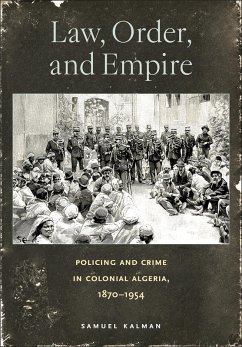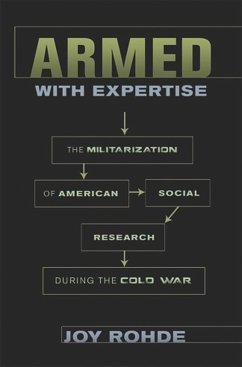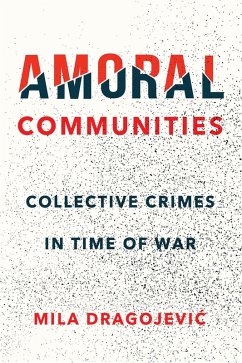What explains differences in soldier participation in violence during irregular war? How do ordinary men become professional wielders of force, and when does this transformation falter or fail? Regular Soldiers, Irregular War presents a theoretical framework for understanding the various forms of behavior in which soldiers engage during counterinsurgency campaigns-compliance and shirking, abuse and restraint, as well as the creation of new violent practices.
Through an in-depth study of the Israeli Defense Forces' repression of the Second Palestinian Intifada of 2000-2005, including in-depth interviews with and a survey of former combatants, Devorah Manekin examines how soldiers come both to unleash and to curb violence against civilians in a counterinsurgency campaign. Manekin argues that variation in soldiers' behavior is best explained by the effectiveness of the control mechanisms put in place to ensure combatant violence reflects the strategies and preferences of military elites, primarily at the small-unit level.
Furthermore, she develops and analyzes soldier participation in three categories of violence: strategic violence authorized by military elites; opportunistic or unauthorized violence; and "entrepreneurial violence"-violence initiated from below to advance organizational aims when leaders are ambiguous about what will best serve those aims. By going inside military field units and exploring their patterns of command and control, Regular Soldiers, Irregular War, sheds new light on the dynamics of violence and restraint in counterinsurgency.
Through an in-depth study of the Israeli Defense Forces' repression of the Second Palestinian Intifada of 2000-2005, including in-depth interviews with and a survey of former combatants, Devorah Manekin examines how soldiers come both to unleash and to curb violence against civilians in a counterinsurgency campaign. Manekin argues that variation in soldiers' behavior is best explained by the effectiveness of the control mechanisms put in place to ensure combatant violence reflects the strategies and preferences of military elites, primarily at the small-unit level.
Furthermore, she develops and analyzes soldier participation in three categories of violence: strategic violence authorized by military elites; opportunistic or unauthorized violence; and "entrepreneurial violence"-violence initiated from below to advance organizational aims when leaders are ambiguous about what will best serve those aims. By going inside military field units and exploring their patterns of command and control, Regular Soldiers, Irregular War, sheds new light on the dynamics of violence and restraint in counterinsurgency.
Dieser Download kann aus rechtlichen Gründen nur mit Rechnungsadresse in A, D ausgeliefert werden.









